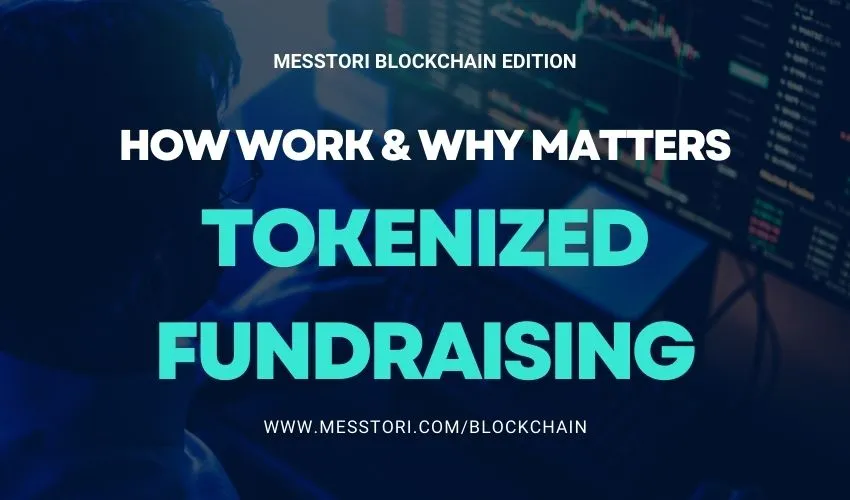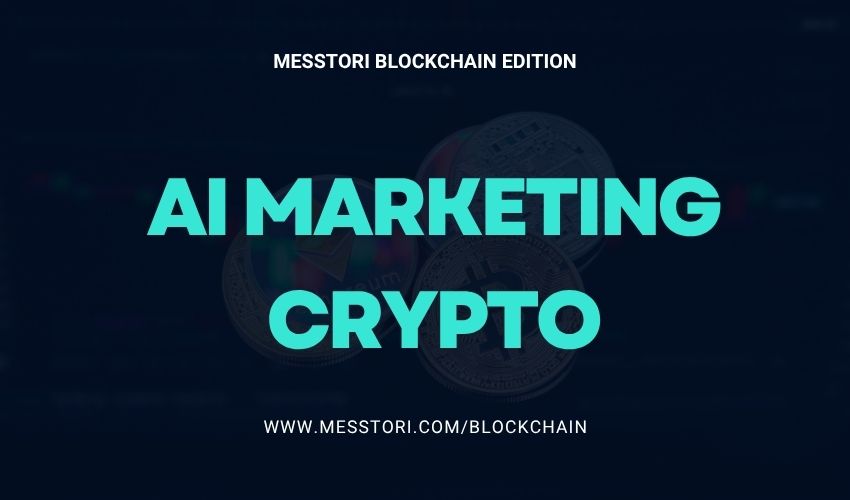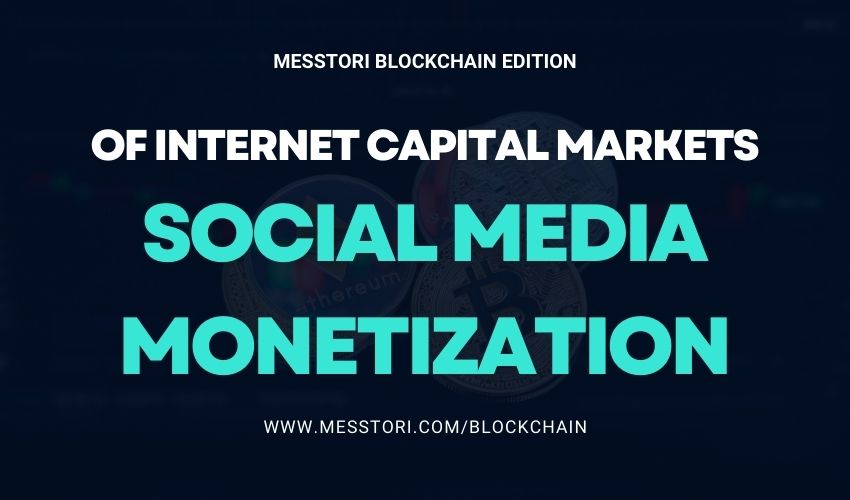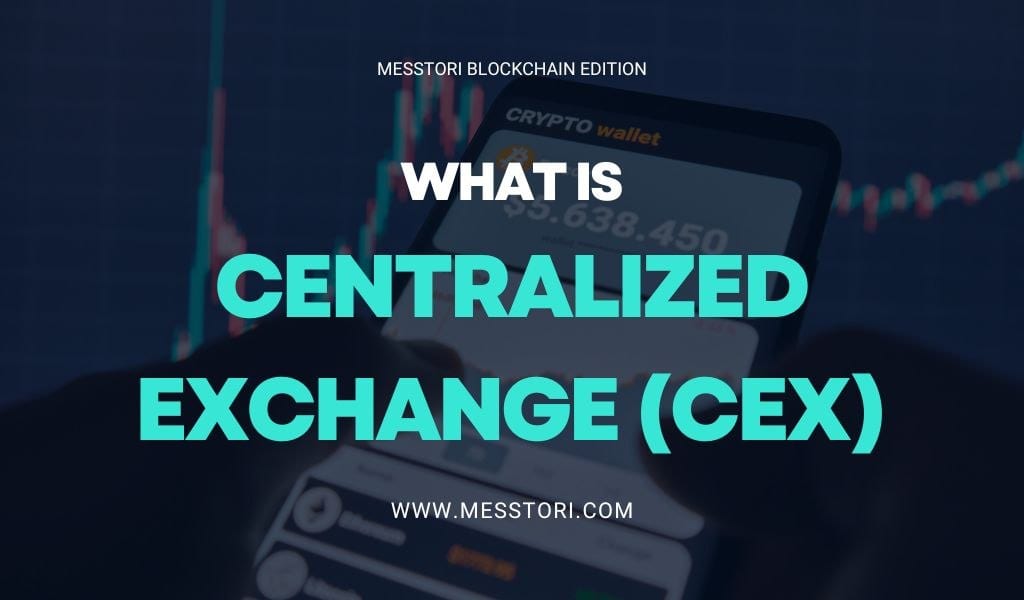
okenized fundraising is revolutionizing how projects raise capital by transforming traditional funding assets into digital tokens. These tokens represent ownership, access, or utility rights tied to a project and are issued on blockchain platforms. Unlike conventional fundraising, tokenized fundraising allows anyone to participate in investment rounds directly through digital wallets, bypassing intermediaries like banks or venture capital firms.
The process typically involves creating a smart contract that issues tokens to investors in exchange for capital, often in cryptocurrencies. This method enables transparency, automation, and faster access to funds, while also providing liquidity through secondary trading on various crypto exchanges.
Tokenized fundraising is not just a new method of raising capital — it is a catalyst reshaping the future of global finance through democratization, transparency, and technological innovation within Internet Capital Markets.
How Tokenized Fundraising Works in Practice
- Project Token Creation: The project team defines the tokenomics — total supply, distribution, and utility of tokens.
- Launch via Token Sale: Tokens are offered for sale on a blockchain launchpad or directly to the community.
- Smart Contract Management: Smart contracts automate token issuance and ensure compliance with pre-set rules.
- Investor Participation: Anyone with a compatible wallet can buy tokens during fundraising events.
- Post-sale Liquidity: Tokens can be traded on decentralized or centralized exchanges, providing liquidity and price discovery.
Comparing Tokenized Fundraising with Traditional Methods
| Aspect | Traditional Fundraising | Tokenized Fundraising |
|---|---|---|
|
|
Limited to accredited investors or institutions | Open to the public worldwide |
|
|
Lengthy due diligence, legal, and regulatory steps | Rapid token issuance via smart contracts |
|
|
High fees for intermediaries and legal work | Lower costs due to automation and decentralization |
|
|
Often opaque, with limited investor visibility | High transparency via blockchain records |
|
|
Typically illiquid until IPO or exit event | Tokens can be traded anytime on exchanges |
|
|
Strict, formalized regulations | Emerging regulatory frameworks, varying by jurisdiction |
Why Tokenized Fundraising Matters in CurrentYear and Beyond
Tokenized fundraising democratizes capital markets by removing traditional barriers. Startups, creators, and even social causes can now raise funds globally with fewer restrictions. This shift fosters innovation and inclusion, allowing more diverse ideas to find support.
Moreover, tokenized fundraising integrates with emerging technologies such as AI and decentralized finance (DeFi), enhancing efficiency and creating novel opportunities for investors and projects alike.
Benefits of Tokenized Fundraising
- Democratization: Opens capital access to a global investor base, increasing diversity and inclusion.
- Efficiency: Reduces time and costs related to legal, underwriting, and administrative tasks.
- Liquidity: Provides early liquidity options via secondary markets, improving investor confidence.
- Transparency: Blockchain immutability ensures verifiable fundraising and token distribution.
- Innovation Enablement: Supports funding of novel ideas including social experiments, digital art, and new business models.
Future Trends in Tokenized Fundraising
- Integration with AI Leveraging AI for smarter investor targeting, fraud detection, and automated compliance.
- Hybrid Models Combining traditional finance and tokenized assets to comply with regulations and increase adoption.
- Increased Institutional Interest Growing participation by regulated funds and venture capital in token offerings.
- NFT and Metaverse Fundraising Expanding tokenized fundraising into virtual worlds and unique digital assets.
- Improved Regulatory Frameworks Clearer laws to protect investors while fostering innovation.
Challenges and Risks
- Regulatory Uncertainty: Laws governing token offerings are evolving and differ by country.
- Market Volatility: Token prices can be highly volatile, exposing investors to risks.
- Fraud and Scams: Permissionless nature can lead to unvetted or fraudulent projects.
- Technical Complexity: Smart contract bugs or failures can result in financial losses.
- Investor Education: Many investors lack understanding of token economics and risks.
Real-World Examples
- Launch Coin (LAUNCHCOIN): A token used on Believe.app’s launchpad to support new token projects.
- Vine (VINE): A revived social media token launched on Solana, leveraging ICM to fund platform development.
- Yapper (YAPPER): AI-powered content creation tokenized and funded through ICM mechanisms.
Frequently Asked Questions (FAQ)
- Elevate rour roject with professional Web3 Marketing Services
- Blockchain Forum in Moscow: Must-Attend Global Crypto Event
- VAP Group Set to Host Second Edition of Global AI Show in Dubai
- Capital flows into Bitcoin stopped, shifting to these Altcoins
- What is Crypto Presale and how they work: A complete guide








